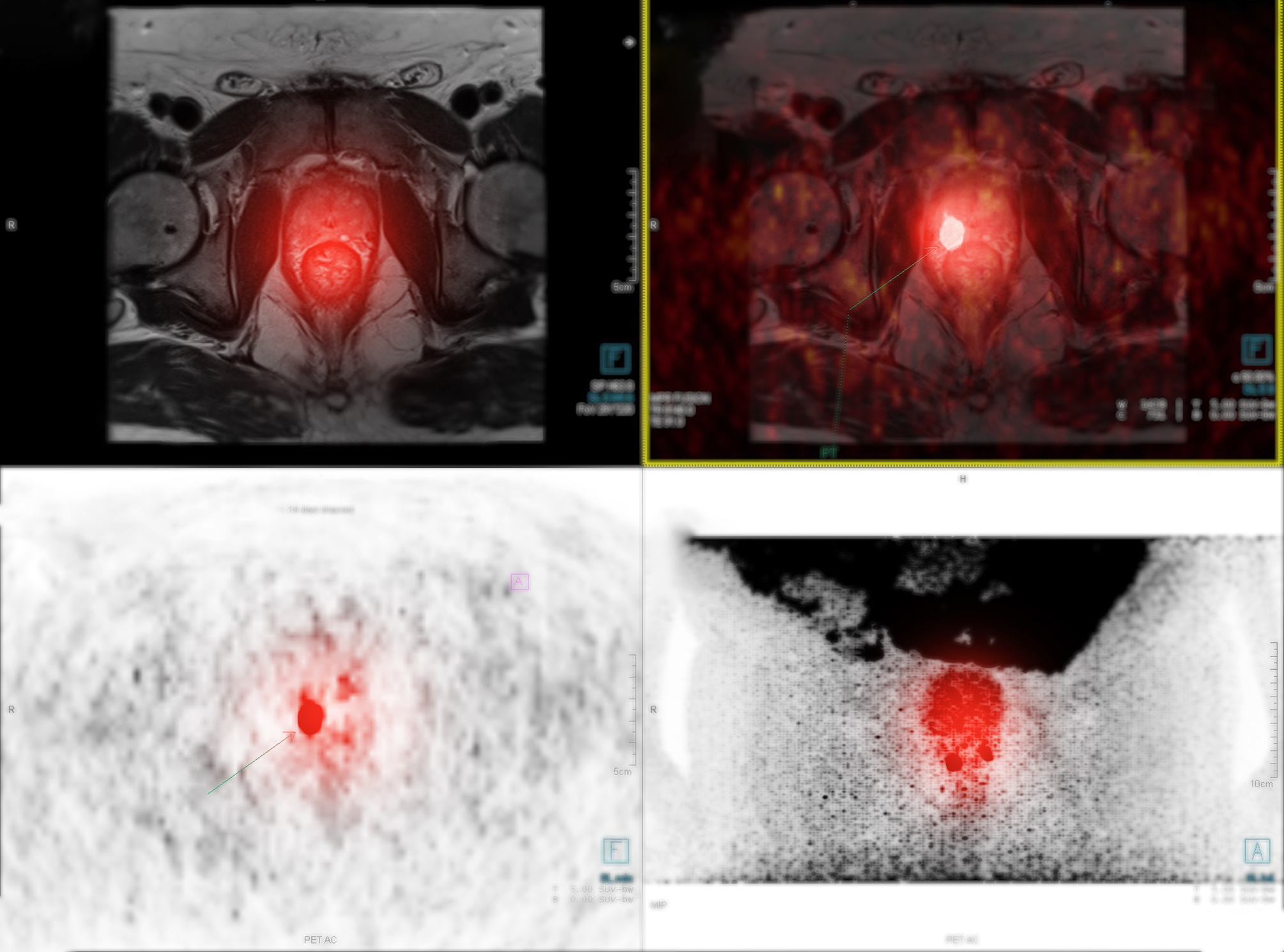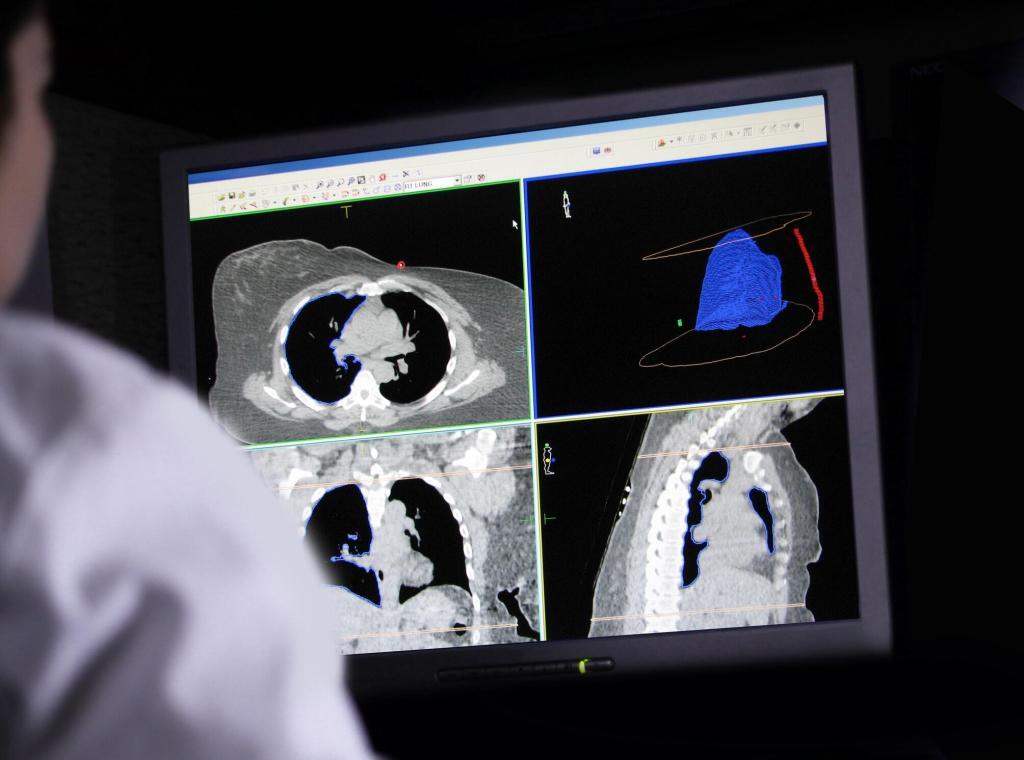Prostate cancer is one of the most common cancers among men worldwide – an estimated 1.4 million new cases were diagnosed in 2020, accounting for approximately 7% of all male cancers, and it was responsible for around 375,000 deaths globally that same year. However, thanks to improvements in early screening, diagnosis, and treatment, outcomes have greatly improved in recent decades. Today, prostate cancer treatment offers various options tailored to each patient’s cancer stage and personal preferences.
Early Detection and Diagnosis
Early detection is vital in the successful management of prostate cancer. Routine PSA (prostate-specific antigen) testing and digital rectal exams can help detect the disease before symptoms appear. If results are abnormal, the next steps often include:
- Biopsy: Tissue samples are taken from the prostate and examined for cancer cells.
- Gleason score: This score, ranging from 6 to 10, helps determine how aggressive the cancer is. Lower scores suggest a slower-growing cancer, while higher scores indicate a more aggressive form.
Common Treatment Options for Prostate Cancer
Once diagnosed, prostate cancer treatment is selected based on several factors, including the Gleason score, PSA levels, whether the cancer is localised or has spread, and the patient’s age and overall health.
Here are the most commonly used treatment strategies:
- Active surveillance: For low-risk or slow-growing cancer, this involves regular PSA testing, biopsies, and checkups to monitor the disease without immediate treatment.
- Surgery: Surgical removal of the prostate, known as prostatectomy, is a standard approach for localised cases. Robotic surgery is increasingly used for its precision and shorter recovery time.
- Radiation therapy: This can be delivered externally or internally. Brachytherapy involves implanting radioactive seeds into the prostate, while external beam radiation targets the cancer from outside the body.
- Hormone therapy: Used to block testosterone, hormone therapy is often combined with radiation for high-risk or advanced cancers.
- Targeted therapy: This approach focuses on cancer cells with specific genetic features. It has demonstrated encouraging results in the management of resistant or metastatic forms of prostate cancer.
- Lutetium-177 PSMA therapy: A form of targeted radionuclide therapy, this treatment delivers radioactive particles directly to prostate cancer cells expressing the PSMA protein. It is useful in advanced or treatment-resistant stages.
- Dendritic cell therapy: This immunotherapy involves training the patient’s immune cells to recognise and fight prostate cancer. It is used in specialised centres as a personalised treatment option for recurring or late-stage cases.
- TURP (Transurethral Resection of the Prostate): Used to relieve urinary symptoms caused by prostate enlargement or cancer pressing on the urethra.
- Interventional radiology techniques: Minimally invasive methods, such as arterial embolisation or image-guided ablation, can help manage pain, control bleeding, or reduce tumour burden in advanced cases.
The Role of the Urologist and Multidisciplinary Teams
A urologist is usually the first specialist involved in diagnosing and managing prostate cancer. However, modern care involves a team approach that may include oncologists, radiologists, surgeons, and other healthcare professionals. This multidisciplinary strategy ensures that every aspect of the patient’s health and treatment is considered.
What the Statistics Say
According to the American Cancer Society, the 5-year relative survival rate for localised and regional prostate cancer is nearly 100%, while for advanced (metastatic) cases, it drops to around 32%. This emphasises the importance of early detection and the effectiveness of modern prostate cancer treatment methods.
How Booking Health Can Help You Access the Best Care
Exploring the options for prostate cancer treatment – especially if you are considering care abroad – can be overwhelming. That is where Booking Health provides holistic support. As an international medical facilitator, Booking Health connects patients with top hospitals and specialists offering advanced diagnostics and innovative therapies, including robotic surgery, brachytherapy, and personalised hormone therapy.
With Booking Health, you benefit from:
- Access to the best urologists and prostate cancer specialists
- Assistance with visa support, medical documentation, and travel logistics
- Treatment plans tailored to your diagnosis and personal needs
- Transparent pricing and full support throughout your medical journey
Take the first step toward professional care. Contact Booking Health today to explore your best options for modern and effective prostate cancer treatment.
Disclaimer
The information contained in this article is provided for general informational purposes only and does not constitute medical advice, diagnosis, or treatment. Readers should always seek the guidance of a qualified healthcare professional regarding any medical condition or treatment options discussed.
Open Medscience makes every effort to ensure the accuracy and reliability of the information presented, but it cannot guarantee that all content is current or applicable to individual circumstances. Any reliance placed on the content is strictly at the reader’s own risk.
References to external organisations such as Booking Health are provided for informational purposes only. Open Medscience has no affiliation with Booking Health and does not endorse or recommend any specific medical service provider mentioned.
Open Medscience accepts no liability for any loss, harm, or damage resulting from the use of the information in this article or from accessing external websites linked within it.
home » blog » medicine »



